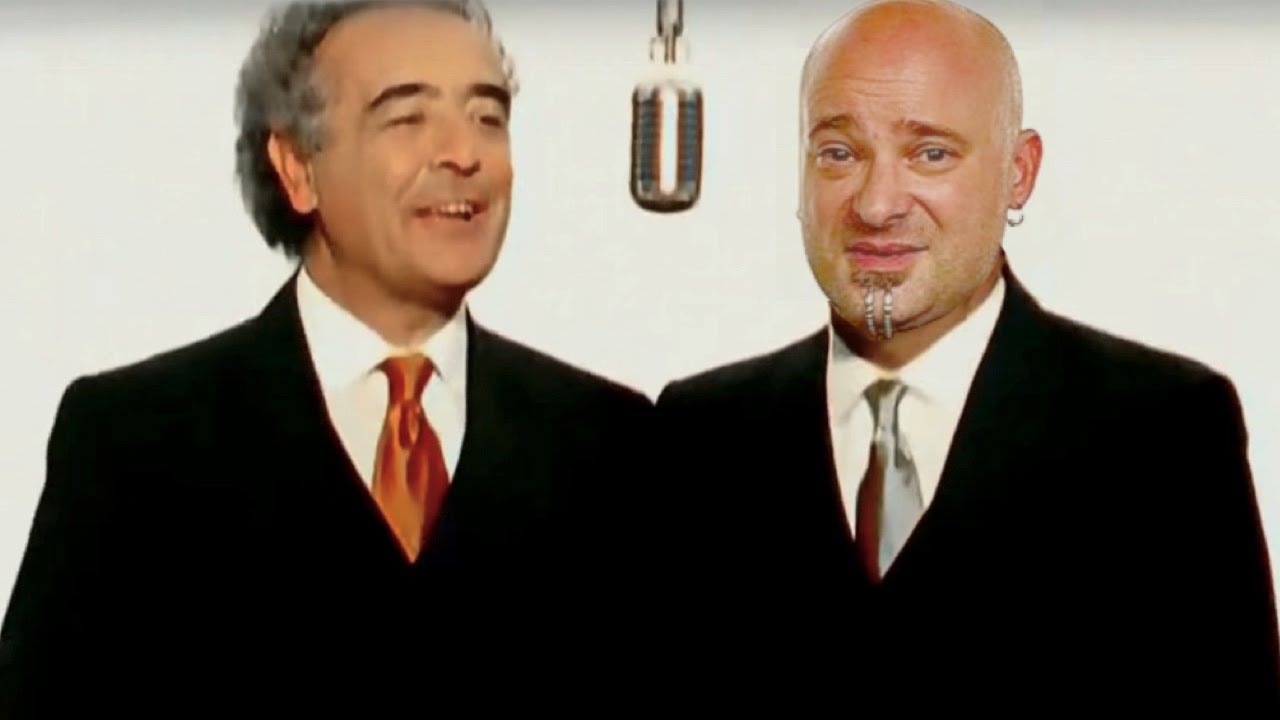"It's like a portal looking in to hell."
You shouldn't believe everything that you read on the internet, but that doesn't mean that the world wide web is entirely devoid of profound, heavy and inarguable truths. For when YouTuber Matt Nelson posted the above comment beneath what is quite possibly the most... er, disturbing creation that mash-up maestro Bill McClintock has ever thrown into the hellscape of modern existence, we could only nod our heads in hushed, awed appreciation of his insight and wisdom.
McClintock is a disruptor, a man seemingly possessed by an - admittedly entirely unspoken - desire to create and spread chaos, to undermine and challenge the fundamentals of Western society.
Steady on, we hear you cry, let's not lose perspective on what is basically just a bit of harmless fun, after all, just a mildly subversive, playful juxtaposition of two (or more) unlikely musical bedfellows for light entertainment purposes. Chill, you might say, in a gentle tone mixing condescension with mild concern.
But we shall not silenced. Later we may point you towards an illuminating cache of his diabolical creations, which exist to answer never-asked questions such as how Judas Priest would sound with Rick James on vocals, how Metallica might sound if they covered Huey Lewis and The News or what madness might result from pitting Slipknot against The Spice Girls. But right here, right now, this is our priority.
It's listed on YouTube as Stuparena by Los Disturbados, which, frankly, is just word salad, until playback reveals the presence of two titans of contemporary culture, Spanish Latin-pop superstars Los Del Rio, and David Draiman's nu-metal daddies Disturbed, and specifically, their respective hit singles, 1993's globe-seducing mega-hit Macarena, and Stupify, the debut single from the Chicago quartet's 2000 debut album The Sickness.
Frankly, we were not ready.
Go on, surrender to the inevitable, and listen below:
For clarity, we would like to stress that this is not the new Disturbed single: that's Hey You, which came out last week. That, says David Draiman, is "a critique of this dangerous status quo we are living in.” This is not that. But if we're honest, there's a part of us which kinda wishes it was.

